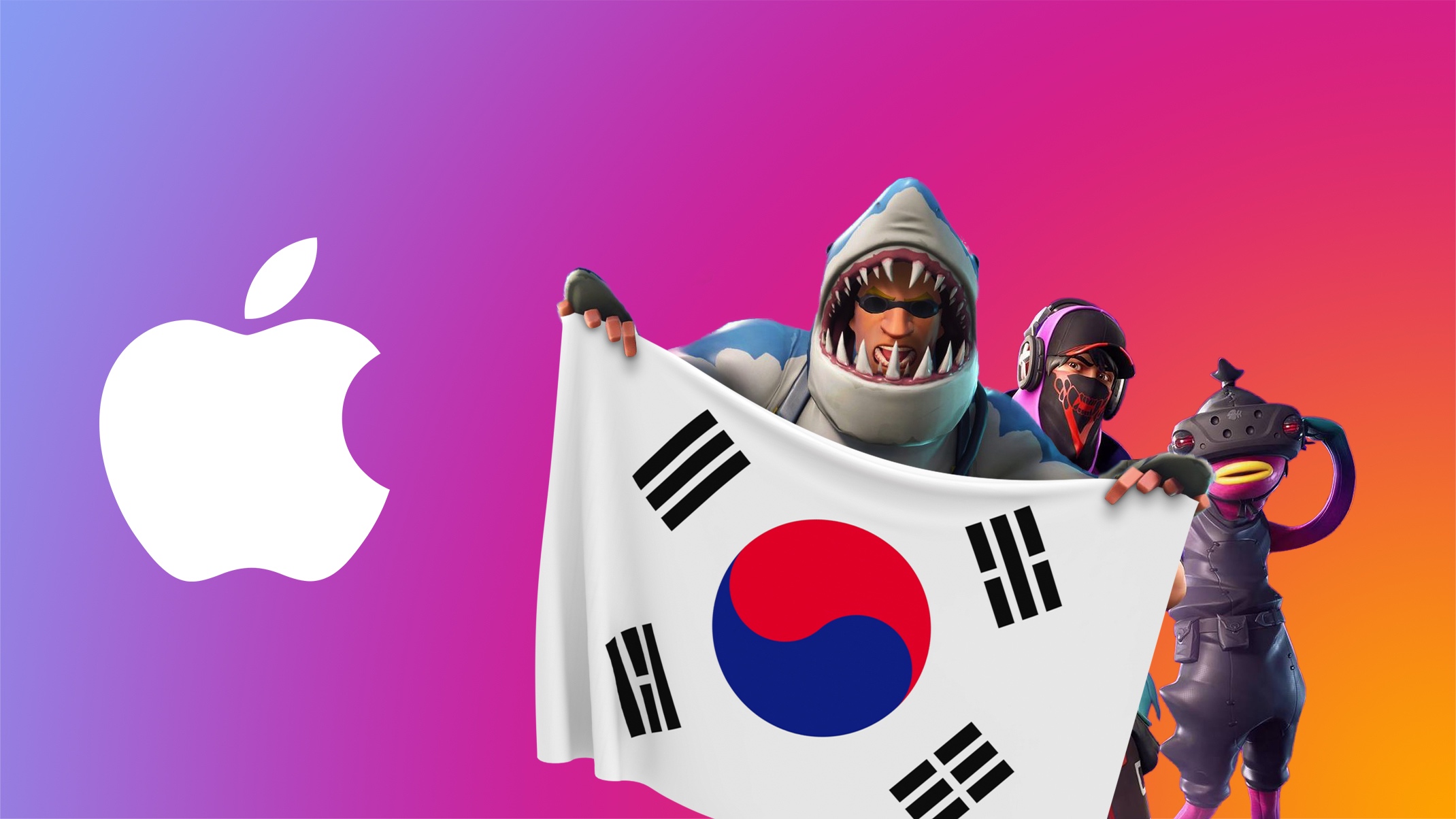Because not being able to side load is a part of the security of iOS. According to Apple at least. Its hard to imagine that any significant portion of Apple customers would ever bother doing it. Doubtless Epic would post detailed video tutorials with high production values to help them though. And Epic know that adoption would be driven be entitled brats whinging at their parents to help them sideload Fortnite onto their phones.I do not understand why Apple does not just allow side loading since that would end Epic's legal battle and possible legislation regarding their App Store. All they would do is mimic Google's rollout by having users manually enable side loading with a security warning.
Ultimately its more likely to cause customer confusion and frustration than being a security issue. Epic wouldn't be the only ones to do it so there would be different instructions from different developers and hundreds of Youtube how to videos and the quality would vary wildly and therefore so would results.
In short it makes a secure, convenient system messy, less secure and less appealing than it currently is.




